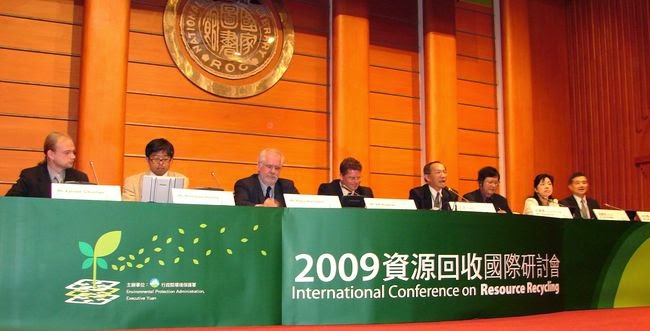Attempting to Balance the Environment, Economics, and Ethics
There are many different aspects to consider with perusing a balance between the desire for electronics and the pursuit of a healthy environment and economy. The need and longing to purchase electronics can be seen by some as important enough to outweigh the problems that transpire, while conversely maintaining the environment may be seen as more valuable. Individuals may consider the ethical concerns surrounding mining for precious metals or e-cyclying versus reasons people want electronics; work, school, hobbies or entertainment. These types of uses for electronics also create a need for new and improved electronics, which requires an increase in precious metals coming from mining or e-recycling which demands consideration for both issues. Ethical concerns arise when considering manufacturing and disposal of electronics due to varying work conditions of those who build or recycle them. Furthermore, these rare metals and electronics are valuable, creating a market and economic climate to be measured against the previous issues. Stability within the economy in conjunction with environment and ethical concerns for workers drives an examination of sustainable practices and policies.
The people who live in and around Guiyu, China experience the complications of recycling e-waste first hand. Many people come from different parts of China in order to find work as an e-cycler. It is illegal to export e-waste from first world countries to poverty stricken countries and yet it is a common occurrence. Many of these poor countries focus less on e-recycling as an environmentally friendly behavior and more on e-recycling as a form income, by extracting precious metals and melting down plastic for resale. Many of the workers in Guiyu expressed mixed feelings about the process of stripping these electronics for resale. While they are well aware it is hazardous to their health and the environment, they also take into consideration the valuable source of revenue.[1] This widespread contamination of the environment in China and other countries and their inhabitants should make citizens worldwide apprehensive. Ethical, environment, and economical issues should be important to the leading contributor, the benefactors, or those who are most harmed in this situation.
The United Nations partnered with a watchdog group called Basel Action Network in order to make the transport of e-waste from first world countries to poor countries illegal and fight the continuing illegal importation. They formed an e-waste reduction program called “Solving the E-Waste Problem,” or StEP. Compiled of five task forces; Policy, ReDesign, ReUse, Recycle, Capacity Building the group attempts to address multiple layers regarding e-waste. Made up of various task-forces, goals such as studying procedures surrounding e-waste, promoting consideration towards the full life-cycle of an electronic before manufacturing are of main concern. They also consider how to prolong use of already purchased electronics by consumers, for example promoting upgrades instead of replacements, therefore, taking into consideration every part of the equation.[2]
 |
| Klaus Hieronymi, 3rd from left, at recycling conference |

Comments
Post a Comment
Let your knowledge, ideas, and innovation be heard. Tell us what you think and know about this topic.